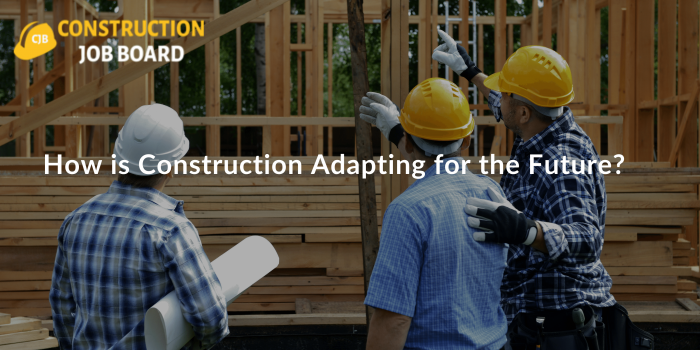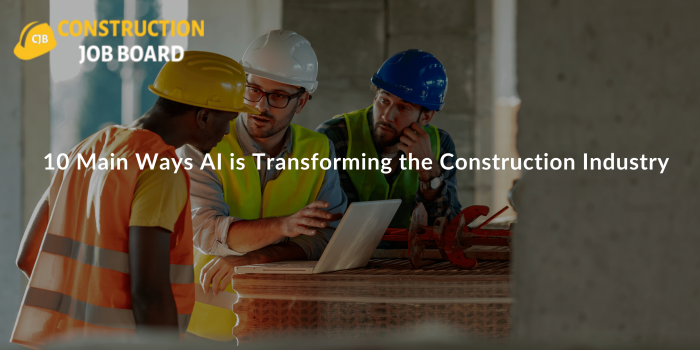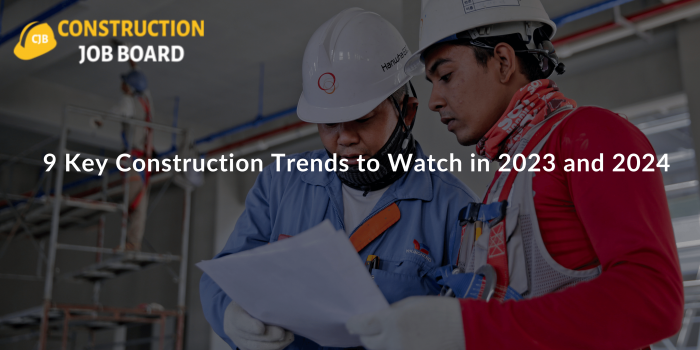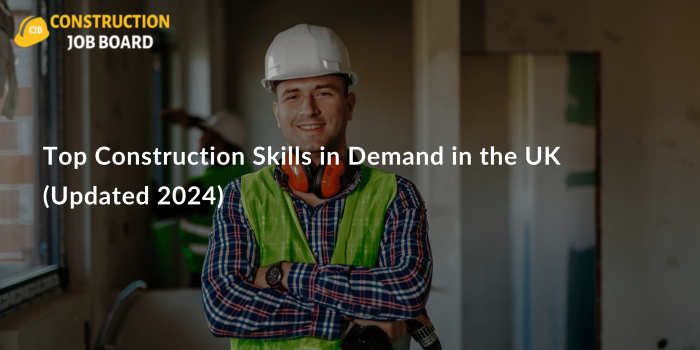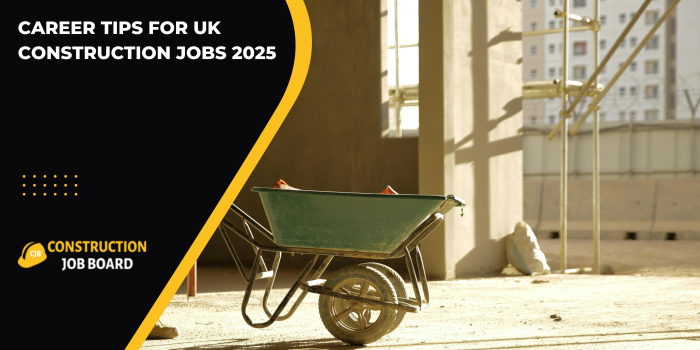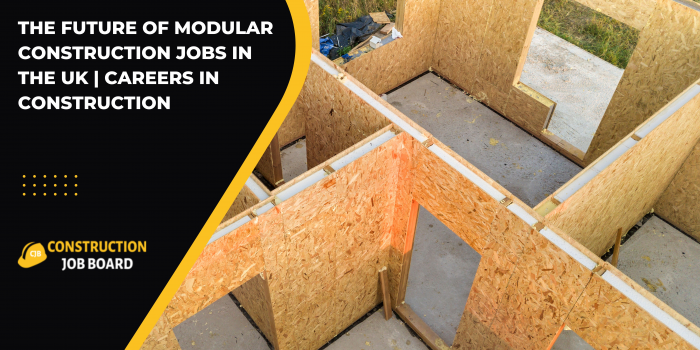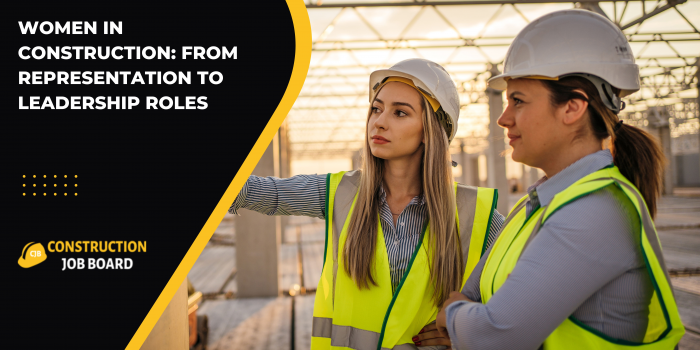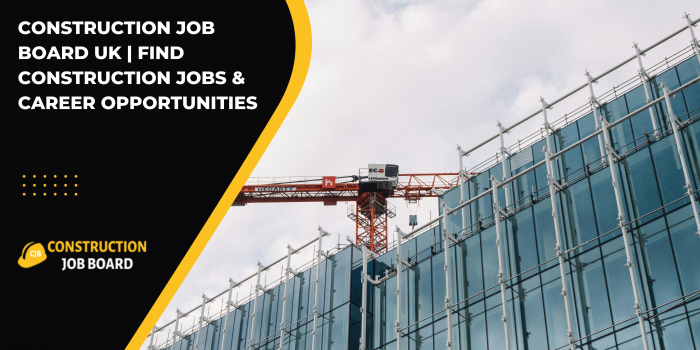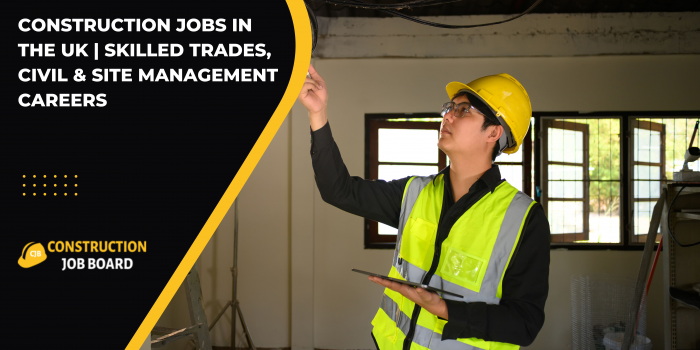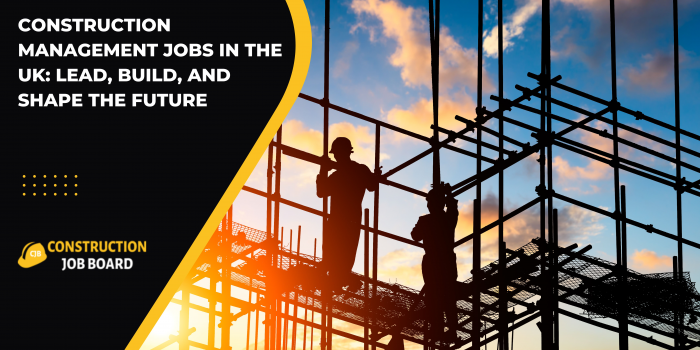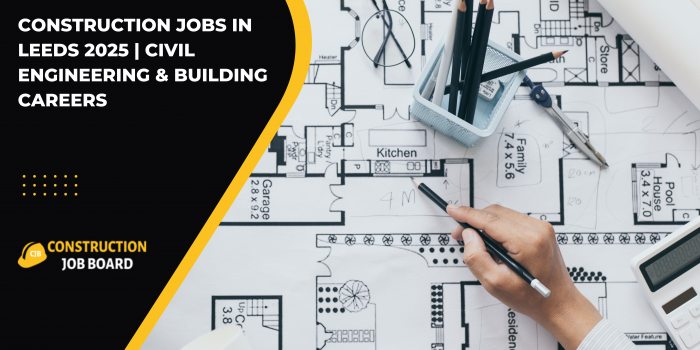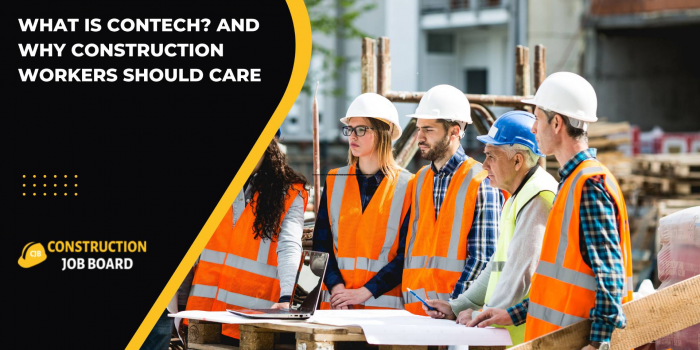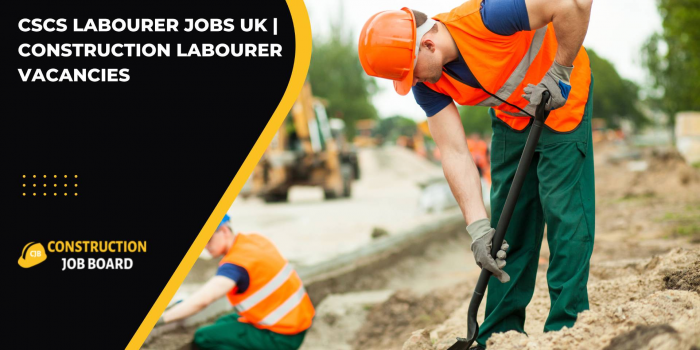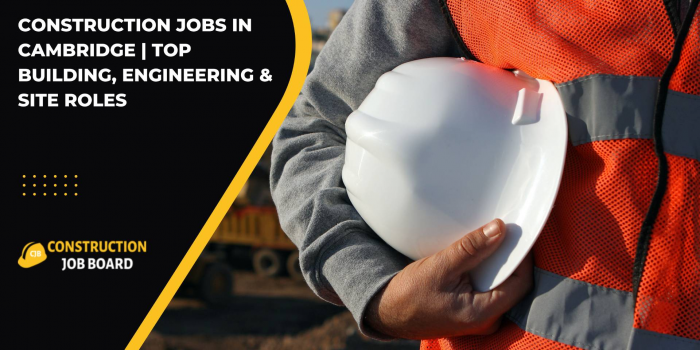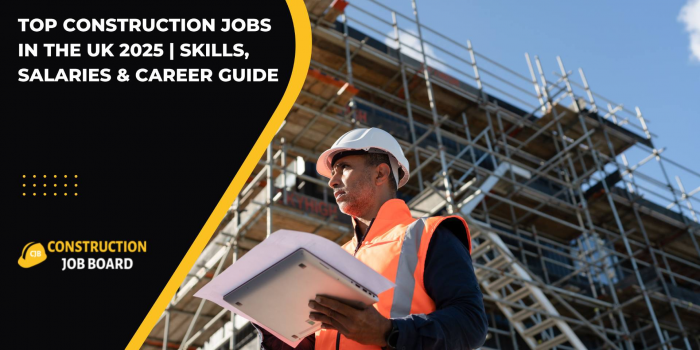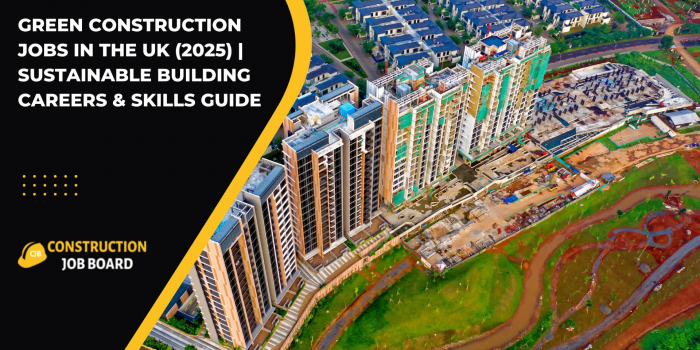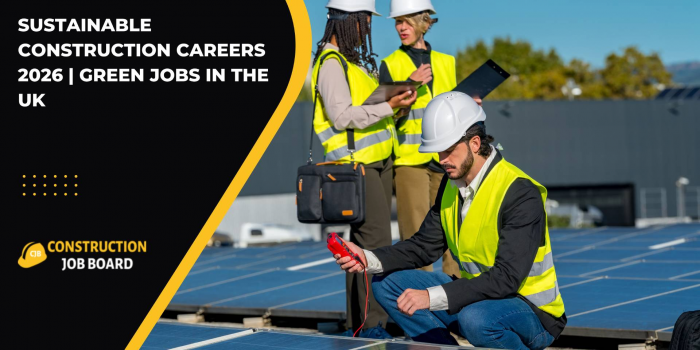AI & Robotics in UK Construction 2026 | Job Impact & Trends
Nov 26, 2025
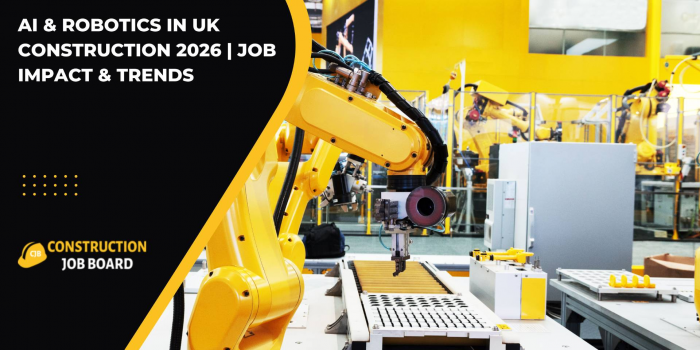
Impact of AI & Robotics on UK Construction Jobs in 2026
The construction industry is now being impacted by technology, especially Artificial Intelligence (AI) and robotics, faster than at any point in history. With companies working towards maximising productivity and reducing project delays while facing shortages of skilled workers, the demand for AI application to construction jobs is increasing rapidly. By 2026, construction automation will not only affect how buildings are designed and constructed, but also the skillsets required in the industry.
This article will discuss how AI and robotics will affect the construction workforce, the fastest-growing occupations, and the risks and rewards, as well as what professionals need to do to stay future-proof.
Also discussed is why AI & robotics are growing in UK construction. Several industry pressures are accelerating the march to automation in 2026.
- Labour shortages in skilled trades
With a labour shortage in bricklayers, carpenters, and electricians, companies are investing in automated tools and robotics to address workforce shortages.
- Rising expectations for quicker and safer projects
AI-driven planning systems and autonomous robots will shorten the time to complete projects, reduce accidents, and decrease material waste.
- The Government trying to encourage digital transformation.
Some initiatives in the UK related to Building Information Management (BIM), smart infrastructure, and upskilling digitally are influencing the use of automation.
- Increased use of prefabrication & modular constructions.
Factories have been using robots to build prefabricated modules with greater precision on an assembly line basis, to improve the cost and quality.
Top ways in which AI and robotics will change construction jobs in 2026:
- AI-Driven Planning and Project Management
AI tools today forecast project delays, optimise schedules and forecast material requirements.
Roles in demand:
- AI project planners
- Digital construction analysts
- BIM specialists with AI skills
- Robotics performing repetitive and high-risk tasks
There are now robotic brick layers, robotic demolition and autonomous disking robots all commonplace on construction sites in the UK.
Impact:
- Improved safety
- Reduction in downtime
- Enhanced accuracy
New roles:
- Robotics operators
- Automation technicians
- Site robotics supervisors
- Autonomous drones for site inspections
Autonomous drones powered by AI can inspect roofs, provide progress tracking, scan for defects and produce full 3D site mapping in real-time.
Emerging roles:
- Drone survey specialists
- Remote inspection engineers
- AI imaging analysts
- AI-Assisted Design and smart building systems
Architects and engineers are now working with AI in designing energy-efficient solutions, structure predictions and optimised-cost modelling.
Roles demanded:
- AI design engineer
- Digital twin architect
- Smart building systems expert
- Automation in prefabrication factories
Offsite construction firms are reliant on robotics for cutting, welding, assembly and quality control.
Roles that are growing:
- Automation supervisors
- Robotic fabrication engineer
- Factory systems integrators
Will AI Eliminate Construction Managed Jobs in the UK?
While ai and robotics will eliminate some repetitive roles in the UK construction environment, both will introduce new specialized technical and digital jobs in their place. Current automation is not taking their jobs, it's restructuring their job functions.
Jobs most affected by automation and robotics in construction include:
- The basic labour tasks
- The manual documentation jobs
- The basic site inspections
Jobs with the highest growth potential include:
- Robotics technicians
- BIM & AI integration experts
- Digital project managers
- Smart infrastructure engineers
The construction industry needs workers who can operate, maintain, and collaborate with automated systems.
What skills will you need for construction types of jobs in the automated age of 2026?
Getting workers in the construction industry ready for the world of construction automation means they need to upskill in the following areas:
- Robotics operation and maintenance
- AI tools including predictive modelling & planning software
- BIM & digital twin technology
- Drone operation and site scanning
- Data analytics & automated workflows
- Digital safety systems
The skills above are fast becoming essential in the UK construction industry as automation takes center stage.
Looking Ahead: A More Intelligent, Safe, Productive Industry
By 2026, AI, and robots will have infiltrated almost every major construction project in the UK. Digital workers will earn higher salaries, specialised roles and increased job security. Companies that invest in automation will reduce waste, improve safety, and deliver projects faster.
The future of construction is not about replacing humans – it is about improving the trade with technology. AI in construction job roles and construction automation is creating a new age of digitally-trained construction professionals for the next 10 years.
FAQs
1. How is AI used in UK construction jobs?
AI is being used for planning, scheduling, safety monitoring, inspection, predictive maintenance and design automation.
2. Will robots replace construction workers?
Robots will handle repetitive and dangerous tasks, but human workers will shift to technical, supervisory and digital roles.
3. What jobs are growing because of automation?
Robotics technicians, BIM specialists, drone operators, automation engineers and AI project planners.
4. What skills do workers need in 2026?
Digital modelling, AI software, robotics operation, drone scanning and automation system management.

















